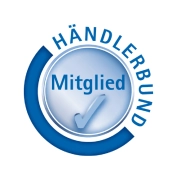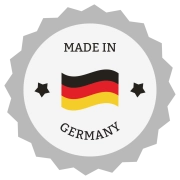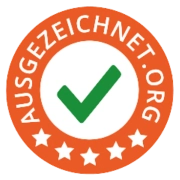Navigating Import Export Certifications for Best CNC Metal Products with Practical How to Strategies
In the fast-paced world of manufacturing, the importance of understanding import-export certifications for CNC metal products cannot be overstated. As businesses expand their reach globally, navigating the intricate landscape of regulations and standards becomes essential to ensure compliance and maintain competitiveness. This ultimate guide delves into the complexities of obtaining the necessary certifications specific to CNC metal products, providing practical strategies that can help manufacturers streamline their processes and avoid common pitfalls.
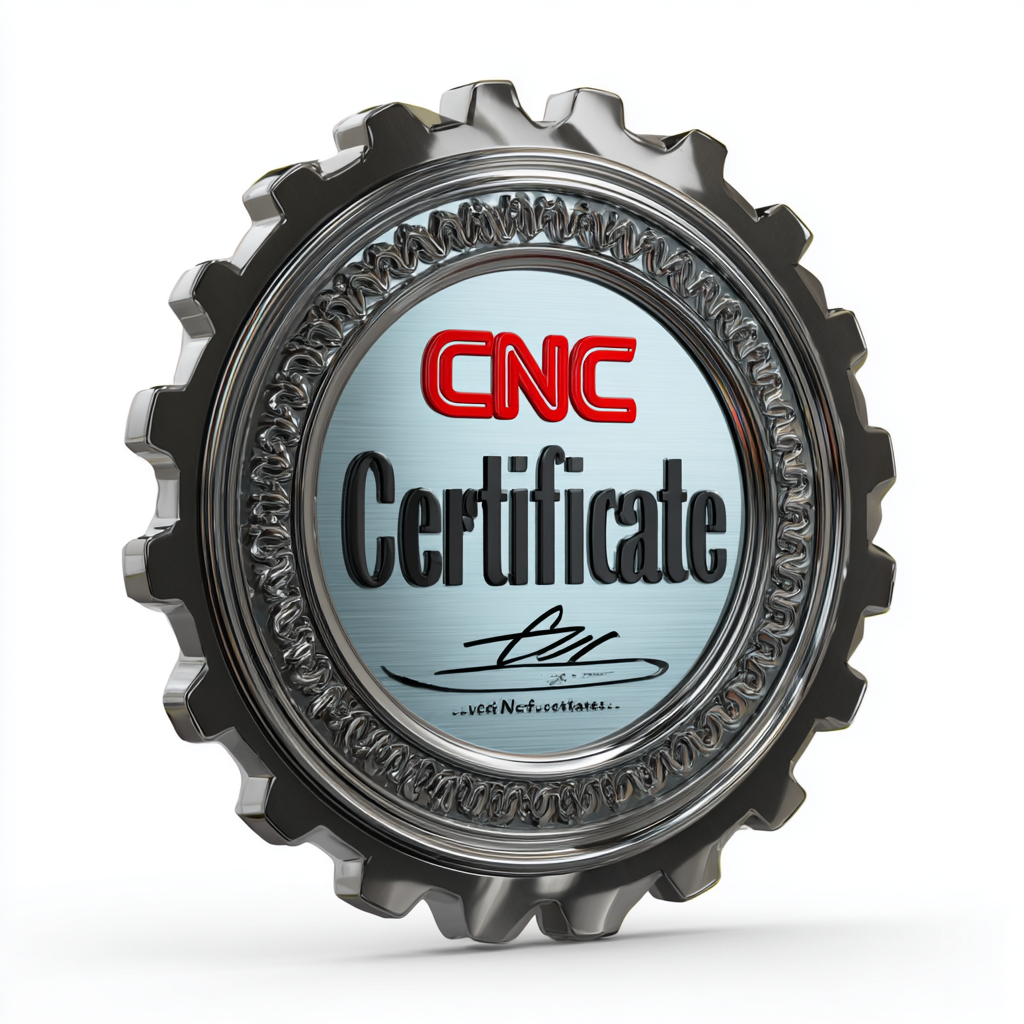
From the initial stages of understanding different certification requirements to tips on how to efficiently manage documentation and verification, this blog aims to equip stakeholders with the knowledge they need to successfully navigate the certification landscape and enhance their marketability in the global arena.
Understanding the Importance of Import Export Certifications in the CNC Metal Industry
In the CNC metal industry, import-export certifications are crucial to maintaining quality standards and ensuring compliance with international regulations. These certifications not only enhance the credibility of manufacturers but also open up access to new markets. According to industry reports, businesses without proper certifications may face barriers such as delayed shipments and increased scrutiny from customs, which can harm overall profitability. The significance of maintaining certifications cannot be overstated, especially when dealing with specialized products such as OEM precision stainless steel CNC turning machined parts.
To successfully navigate the complexities of import-export certifications, companies should adopt a few practical strategies. First, it’s essential to stay informed about the specific certification requirements of each target market. Regularly reviewing guidelines and maintaining clear documentation can streamline the certification process. Second, leveraging third-party services for certification audits can expedite compliance, allowing businesses to focus on production. Lastly, collaborating with experienced logistics partners can help navigate the intricacies of international shipping and ensure that all certification paperwork is correctly filed.
Tips: Always check the latest industry compliance requirements as they are subject to change. Investing in training for your team on certification processes can save time and resources in the long run. Finally, consider implementing a robust quality management system to facilitate easier maintenance of certifications across your product lines.
Key Certifications Needed for CNC Metal Products: A Comprehensive Guide
When dealing with the import and export of CNC metal products, understanding the necessary certifications is paramount for ensuring compliance and quality. Key certifications such as ISO 9001—a widely recognized standard for quality management systems—play a critical role in the manufacturing process. According to a report by the International Organization for Standardization (ISO), companies with ISO 9001 certification tend to see a 10-20% improvement in operational efficiency, making it a vital credential for businesses wishing to compete globally.
Another significant certification is the CE mark, which indicates that a product meets EU safety, health, and environmental protection standards. A study published by the European Commission highlighted that products bearing the CE mark are trusted by consumers and businesses alike, as it guarantees adherence to relevant European regulations. Additionally, industry reports suggest that companies with CE certification often experience smoother entry into European markets, significantly reducing potential trade barriers.
In the realm of CNC metal products, compliance with RoHS (Restriction of Hazardous Substances) is also essential, as this certification ensures that products are free from hazardous materials. According to a market analysis by Research and Markets, adherence to RoHS standards has led to a 25% decrease in the production of hazardous waste in the CNC sector over the last decade. Businesses that prioritize these certifications not only enhance their marketability but also contribute to sustainable manufacturing practices.
Step-by-Step Strategies for Navigating Import Export Processes Effectively
Navigating the intricate landscape of import-export processes can be a formidable challenge, especially when dealing with CNC metal products that require specific certifications. The first step in this journey is to thoroughly research the regulations governing the product in both the exporting and importing countries. Understanding these regulations will help you identify necessary documentation, such as compliance certificates, quality assurance documentation, and safety standards that your products must adhere to.
Once you have a firm grasp of the requirements, it's crucial to establish a robust network of trusted partners, including freight forwarders, customs brokers, and certification bodies. These professionals can provide invaluable assistance in streamlining the logistics and paperwork involved in the import-export process. Moreover, developing a comprehensive checklist can serve as a practical tool to ensure that all certifications and documentation are in order before shipment. This proactive approach will minimize delays and contribute to a more efficient import-export experience, ultimately leading to successful transactions and satisfied customers.
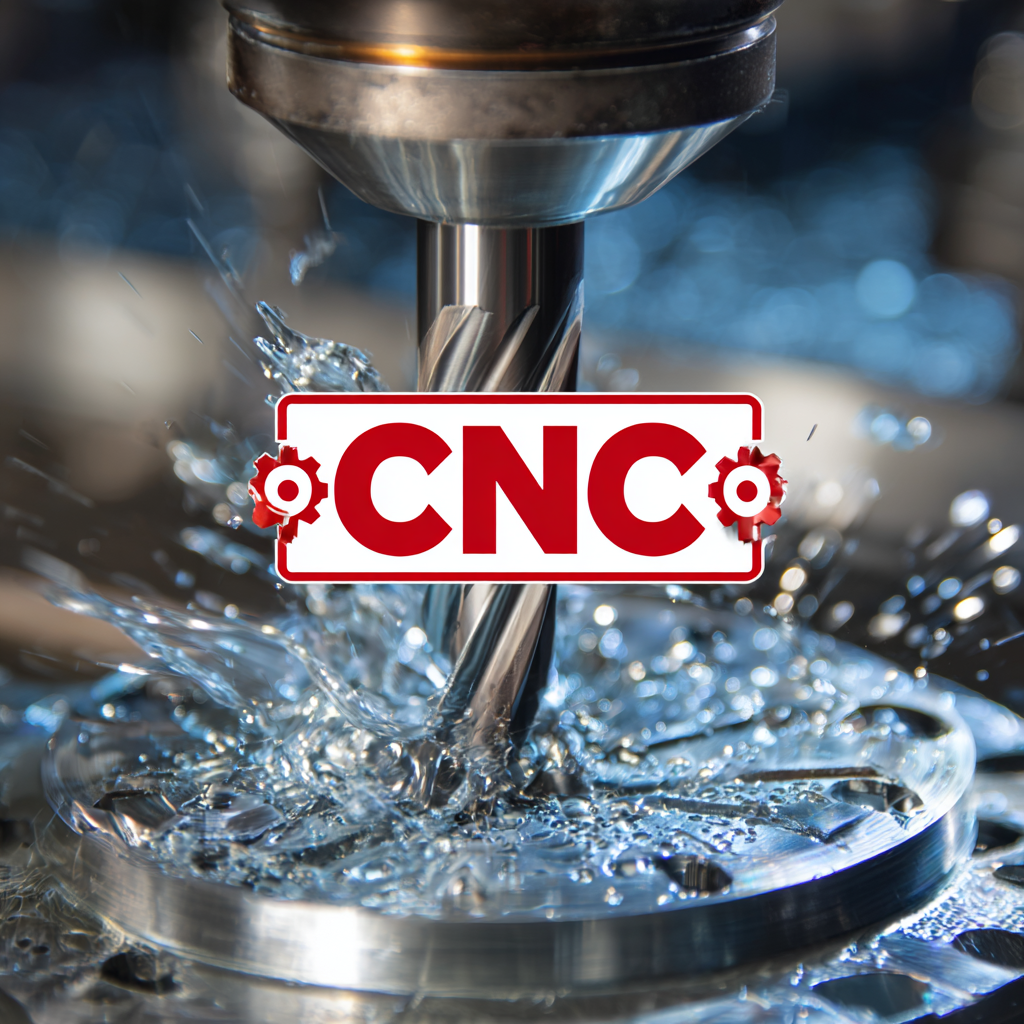
Best Practices for Ensuring Compliance with International Import Export Standards
Ensuring compliance with international import-export standards is essential for businesses, especially in the CNC metal products sector. As global trade continues to evolve, organizations must navigate complex regulations to foster successful international operations. Recent insights indicate that adopting AI-powered solutions can significantly reduce governance, compliance, and quality costs by 40%-60%, providing companies with global visibility and risk management capabilities. This technological advancement is crucial for meeting compliance requirements and improving operational efficiency.
In addition to leveraging technology, companies like XCMG Machinery illustrate the importance of obtaining relevant certifications to enhance their global governance. Achieving dual compliance certifications, such as ISO 37301 and GB/T 35770, positions firms as leaders, instilling confidence among international partners and stakeholders. The dynamic landscape of international trade emphasizes the need for organizations to engage in continuous learning about import-export regulations. For instance, Vietnam’s latest updates on its on-spot export and import regime, set to take effect in July 2025, offer vital information that businesses must adhere to in order to stay competitive. By proactively understanding and implementing best practices, companies can effectively navigate the complexities of international export-import standards.
Future Trends in CNC Metal Manufacturing and Their Impact on Certifications
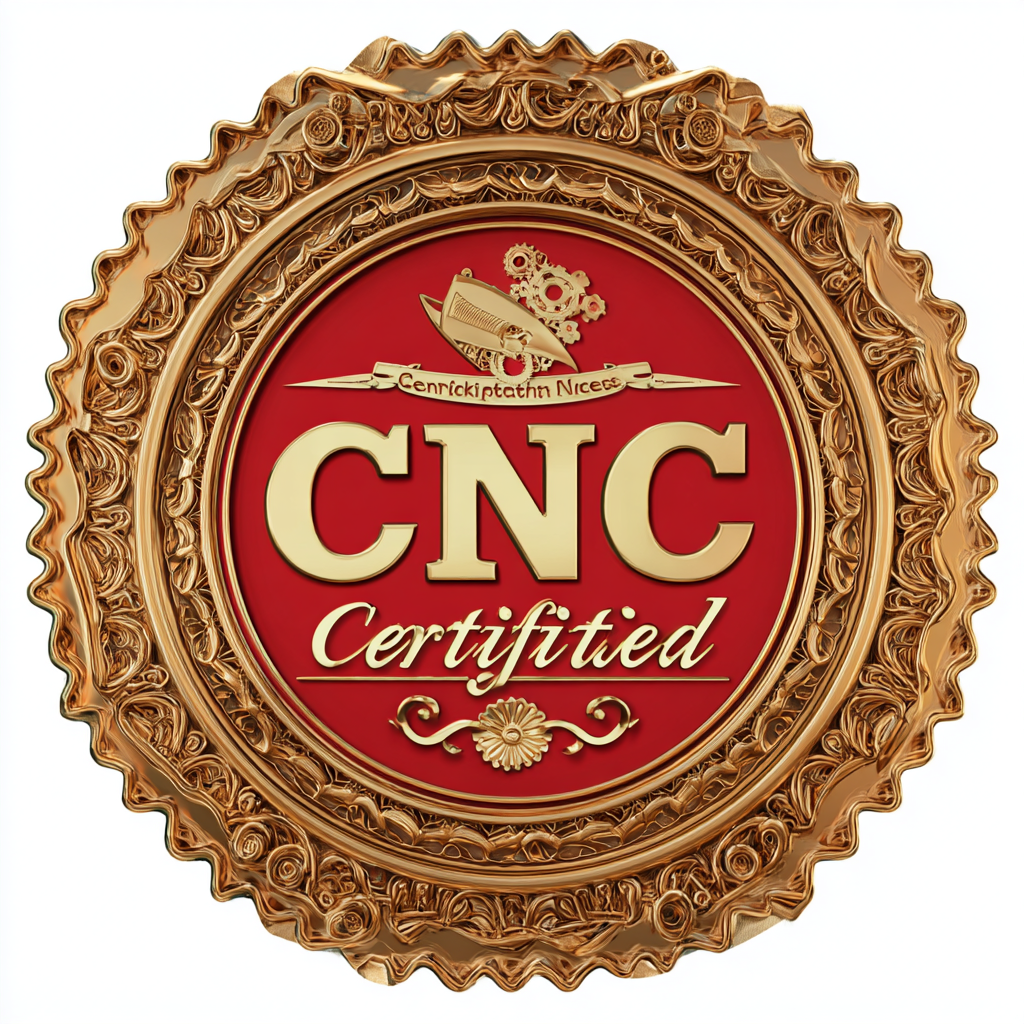 As the CNC metal manufacturing industry evolves, the future trends indicate profound implications for certification processes. According to a report by MarketsandMarkets, the CNC machining market is projected to reach $100.5 billion by 2026, growing at a CAGR of 5.2%. This growth not only underlines the increasing demand for high-quality CNC products but also necessitates adherence to rigorous certification standards to ensure product reliability and safety. Manufacturers must stay abreast of these trends to navigate the complex landscape of import-export certifications effectively.
As the CNC metal manufacturing industry evolves, the future trends indicate profound implications for certification processes. According to a report by MarketsandMarkets, the CNC machining market is projected to reach $100.5 billion by 2026, growing at a CAGR of 5.2%. This growth not only underlines the increasing demand for high-quality CNC products but also necessitates adherence to rigorous certification standards to ensure product reliability and safety. Manufacturers must stay abreast of these trends to navigate the complex landscape of import-export certifications effectively.
Moreover, advancements in technologies such as automation and AI in CNC machining are reshaping manufacturing practices. A study by Grand View Research highlights that the integration of smart manufacturing will enhance production efficiency and accuracy, rewarding companies that achieve digital certifications in line with Industry 4.0 standards. As manufacturers adopt these technologies, they will need to adjust their certification processes to meet evolving international regulations and industry standards, thereby positioning themselves competitively in the global marketplace.
Siemensstraße 13-15
47608 Geldern
NRW Deutschland
Mail: sale@atmmachinesolutions.com
Head office:
+49 (0) 2831 91021-20
Fax:
+49 (0) 2831 91021-99
SUPPORT and INFO
from 3 p.m. to 6 p.m:
+49 (0) 2831 91021-60
( please ring for a long time )
Monday to Friday
8.00 – 12.30
and 13.00 – 15.00
Visit / collection by appointment only!
➣ Sign up for our newsletter
Benefit from a 20% discount, don’t miss any events and always stay up to date.
To access the actual content, click on the button below. Please note that data will be passed on to third-party providers.
More information